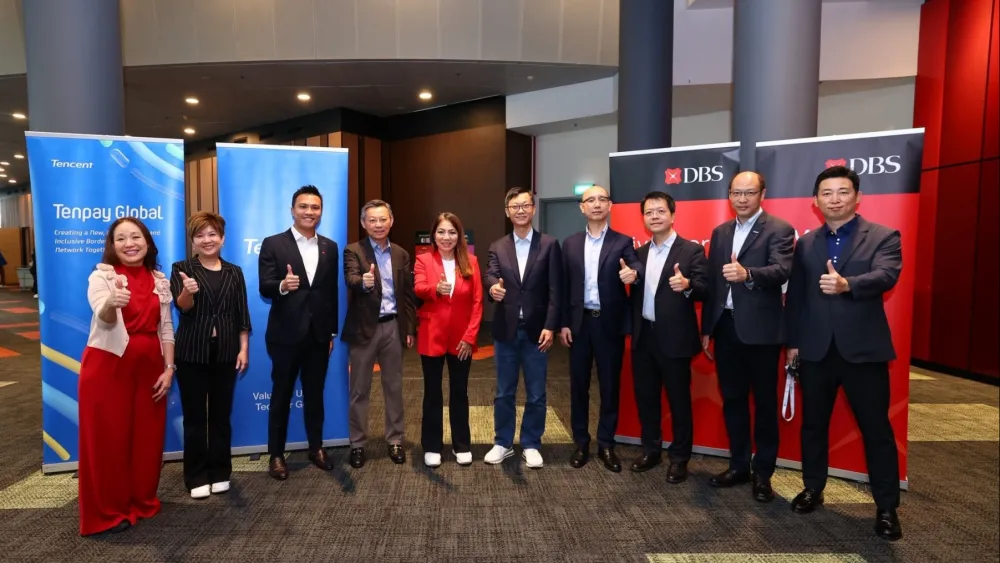
Banks must expand net zero targets, set clearer O&G goals: org
Japan, SoKor have yet to set medium and long-term targets aligned with a 1.5°C scenario.
Banks in three Asian markets must expand the scope of their net zero targets in order to align better with global climate commitments.
Financial institutions from Japan, Singapore, and South Korea have all introduced decarbonization pathways as of August 2024, compared to none in March 2022, according to a report by the Asia Research & Engagement (ARE).
Notably, Singapore banks—DBS, OCBC, and UOB— have set emissions- reduction targets for key carbon intensive sectors that align with a 1.5°C climate scenario.
Singapore banks have also adopted ambitious policies for oil and gas financing, including pledges to cease new project financing or commit to long-term targets.
Meanwhile, Japanese banks have established medium-term sectoral targets for steel and real estate to reduce emissions by 2030.
Mizuho and MUFG notably exhibited the most advanced disclosure and engagement strategies to support clients, particularly those in carbon-intensive sectors, in managing energy transition risks, ARE said in its report.
However, both Japanese and South Korean banks still need to set both medium- and long-term targets that are aligned with a 1.5°C scenario for carbon-intensive sectors like oil and gas.
ARE said that improvements can still be made in the banks’ policy, governance, and risk management.
For one, banks from all three markets are called to expand their net zero targets to include more banking activities, particularly in facilitating emissions.
Banks are also called to establish clear policies in oil and gas projects, and to adopt more stringent coal financing policies.
Climate experts should be included in board nominations, ARE said, adding that banks should think of linking executive remuneration to climate related performance.
"As the demand for fossil fuels diminishes and the shift towards clean energy accelerates, banks in these advanced Asian economies are well-positioned to lead the region's energy transition,” said Peter Kiernan, ARE’s energy transition research manager and author of the report, “Shifting Gears: Key Asian Banks Can Accelerate The Energy Transition,” published on 29 August 2024.
“However, to capitalise on this opportunity and mitigate risks, they must continue to strengthen their climate policies, governance, and risk management practices,” Kiernan said.



















 Advertise
Advertise












